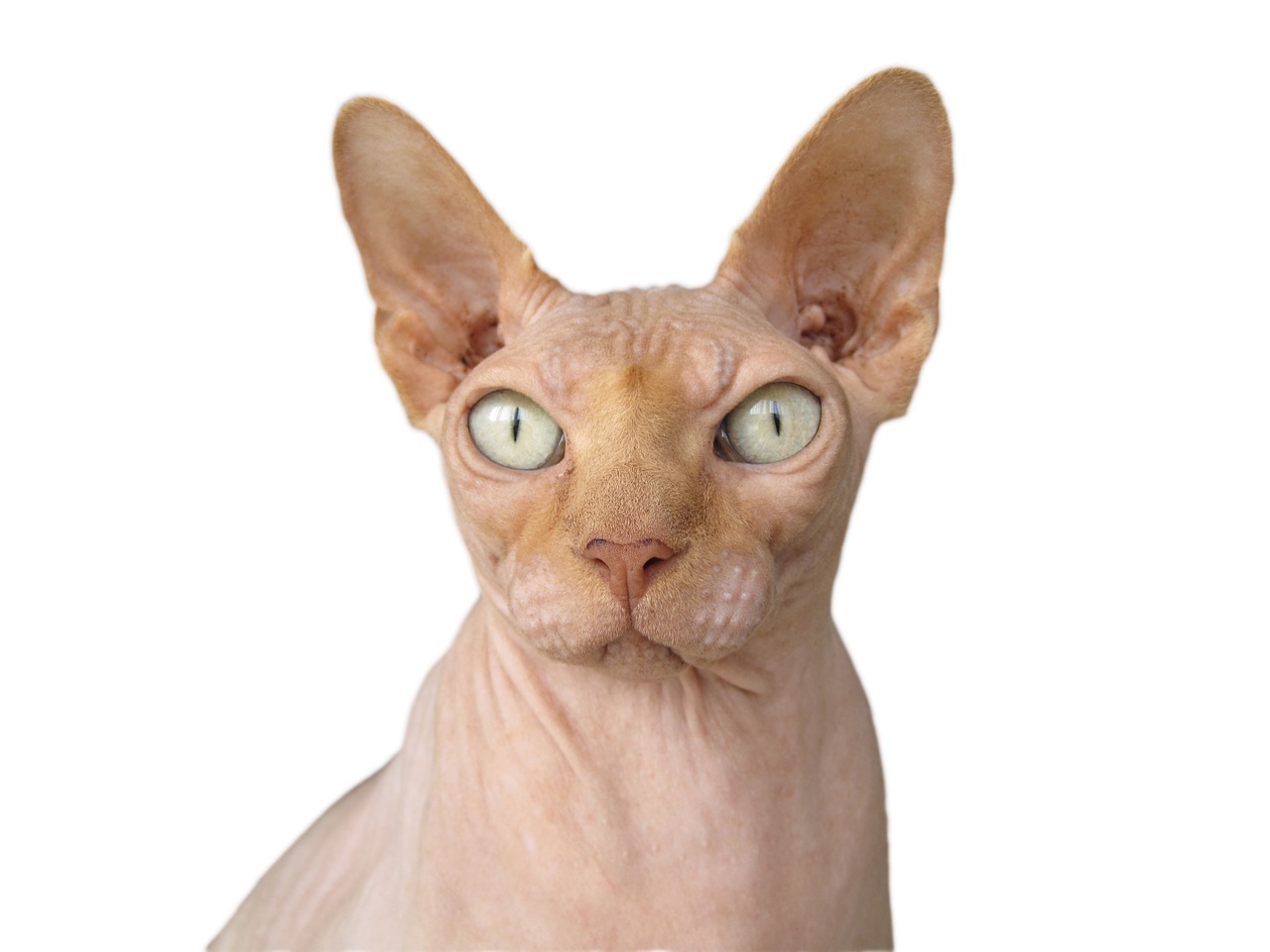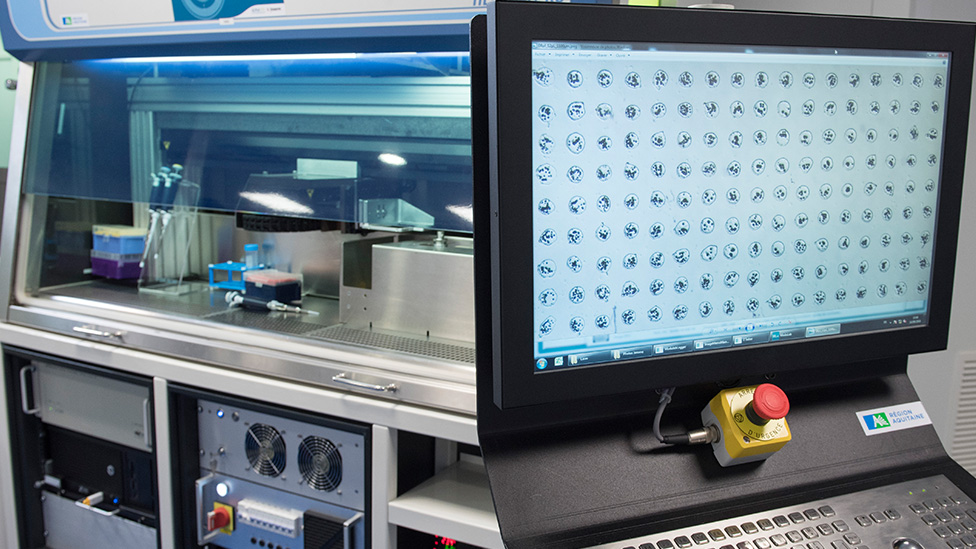
What? You can 3D print hair to cure baldness? Can this possibly be real?
I read the headline, “Baldness could finally be cured thanks to 3D printers creating real human hair” in the Mirror, a UK daily publication not known for its serious coverage of 21st century technology. Here are a few other recent headlines from the same publication for perspective:
-
Teenagers ‘Stabbed Dinnerlady and 13-Year-Old Daughter Through the Throats as They Slept’
-
Heartbroken Gran’s Arm Torn Off After Getting Trapped in Car Window – Leaving Her Unable to Hug Her Grandchildren
-
Bride Lets Guests Pull Down Dress and Grope Her Breasts to Raise Money for Honeymoon
-
Incredible New Hack for Tying Your Neck Tie Could Save You Time Every Morning
-
Cancer survivor with hole in neck claims Uber driver dragged her from car because she ‘wasn’t talking properly’
-
Young girl’s hair is crawling with lice as she has her head inspected in gruesome video
-
Revealed: Hillary Clinton had secret meetings with NASA astronaut to discuss ALIENS (Mirror’s caps, not mine!)
Well, you get the idea. And then they are apparently reporting on 3D printing’s solution to baldness. Ok.
The story explains how cosmetics king L’Oreal has partnered with Poietis to 3D print hair. Wait, who is Poeitis? Turns out it’s a French research company:
Poietis is a company that creates and develops human biological tissues for applications in research and regenerative medicine.
Aha. Further, there is a post on L’Oreal’s site that explains there actually is such a project. They explain:
L’Oréal has been committed to tissue engineering for almost 30 years and holds unique knowledge and expertise in the field of hair biology. With this exclusive research partnership, L’Oréal and Poietis are giving themselves the means to pursue a new scientific challenge: bioprinting a hair follicle, the small organ that produces hair, using a bioprinter.

They don’t explain much more of the technical approach for doing this, but it seems that they wish to leverage Poeitis’ precision bioprinting capabilities to literally create a human hair follicle.
Follicles, as you may expect, are what is used for hair transplants. I’m speculating here, but I can imagine a process in which cells from a balding donor are used to grow a small farm of follicles using this new technology. Then these follicles are transplanted into the patient. This avoids the need for finding “spare” follicles on other parts of the patient’s body for transplant.
I’m not sure how they believe they can produce a follicle from bioprinting, as a follicle is a rather complex machine containing a wide variety of cellular structures. Typical bioprinting applications of today place quantities of identical cells to form tissue. That doesn’t seem to be the case with a follicle, but perhaps that’s the point of the project – to develop the technology.
If they’re successful, it could be a big moneymaker for the companies, and something rich bald folks can add to their birthday wish list.

